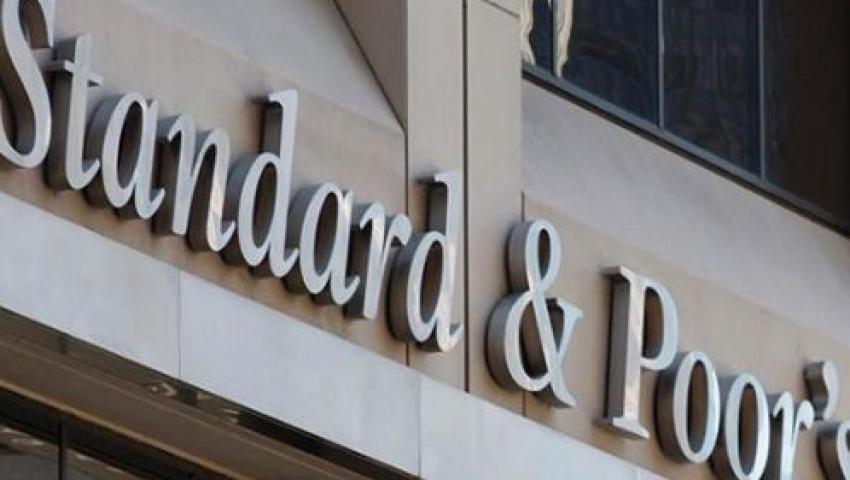Standard & Poor's: High inflation may be a challenge to Bulgaria's membership in the Eurozone
The agency confirmed Bulgaria's rating with a stable outlook

Source: 3eNews, archive
The international rating agency S&P Global Ratings confirmed the long-term and short-term credit rating of Bulgaria in foreign and local currency 'BBB/A-2'. The outlook for the rating remains stable, the Finance Ministry reports.
The stable outlook balances, on the one hand, weaker expectations for Bulgaria's economic growth in the short term and increased domestic political uncertainty, and on the other hand, the country's low net public debt and low interest costs. According to S&P Global Ratings, this development gives Bulgaria policy space and makes its public finances less sensitive to rapidly rising interest rates globally. Bulgaria is currently experiencing high inflation, which according to S&P Global Ratings could pose a challenge to its membership of the Eurozone from 2024.
S&P Global Ratings expect Bulgaria's GDP growth to weaken significantly in the coming months. Although the economy remained more resilient in 2022 from the fallout from the Russia-Ukraine conflict than the rating agency initially expected, several challenges lie ahead. External demand from Bulgaria's main trading partners in the EU is expected to decline and consumption to weaken as continued high inflation, estimated at nearly 10% on average in 2023, will weigh on real wages. Projects financed with EU funds, which will provide some support for the economy, are assessed as a positive influence. S&P Global Ratings forecast real growth in 2023 of less than 1%, a significant slowdown from their expectations of 3% in 2022.
According to S&P Global Ratings, Bulgaria is gradually making progress in its efforts to join the Eurozone, but it remains unclear whether it will receive membership from 01.01.2024 due to several remaining obstacles. Bulgaria's successful accession to the Eurozone will eliminate the residual currency risk vis-à-vis the Euro in the economy, improve the country's access to European capital markets and allow local commercial banks direct access to the ECB's resources. At the moment, however, Bulgaria has high inflation (nearly 15%), which, according to the rating agency, may complicate the task of meeting the convergence criteria, with this indicator, next year. Domestic political uncertainty also continues with a caretaker government in place after the last snap election in October 2022, complicating the process of preparing to join the Eurozone.
The rating agency would raise the credit rating upon the country's accession to the Eurozone, as well as upon significant improvement of Bulgaria's external position. S&P noted that they would downgrade the rating if Bulgaria's economic outlook worsened significantly from their current expectations, which could happen, for example, due to stronger spillover effects from a slowdown in global growth, a significant deterioration in the regional security situation, or a disruption in imports of energy from Russia, threatening the availability of a sufficient supply of energy supplies for the Bulgarian economy.
